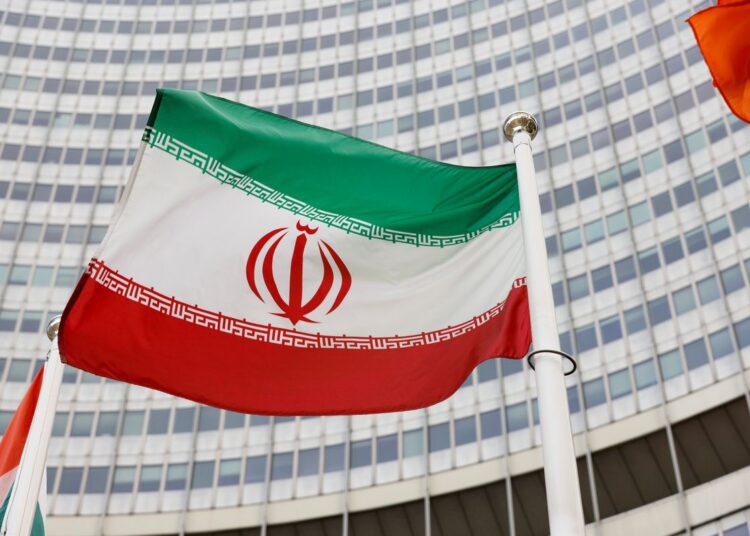BANGKOK — Iran continues to produce uranium metal, which can be used in the production of a nuclear bomb, the International Atomic Energy Agency (IAEA) confirmed Tuesday, in a move that further complicates the possibility of reviving a landmark 2015 deal with world powers on the Iranian nuclear programme.
In a report issued by the United Nation’s atomic watchdog in Vienna to member nations, Director General Rafael Mariano Grossi said that his inspectors had confirmed on Saturday that Iran had now produced 200 grams of uranium metal enriched up to 20 per cent, according to AP.
Grossi had previously reported in February that his inspectors had confirmed that a small amount of uranium metal, 3.6 grams, had been produced at Iran’s Isfahan plant.
The production of uranium metal is prohibited by the 2015 nuclear deal known as the Joint Comprehensive Plan of Action, or JCPOA, which promises Iran economic incentives in exchange for limits on its nuclear program, and is meant to prevent Tehran from developing a nuclear bomb.
Iran insists it is not interested in developing a bomb, and that the uranium metal is for its civilian nuclear programme.
Following the latest IAEA report on the increase in uranium metal production, US State Department spokesman Ned Price said the move was “unconstructive and inconsistent with a return to mutual compliance.”
“Iran has no credible need to produce uranium metal, which has direct relevance to nuclear weapons development,” he said in a statement.
“Such escalations will not provide Iran negotiating leverage in any renewed talks on a mutual return to JCPOA compliance and will only lead to Iran’s further isolation.”
He said further that “Iran’s nuclear advances have a bearing on our view of returning to the JCPOA,” and suggested that the U.S. was slowly running out of patience.
“We are not imposing a deadline for negotiations, but this window will not remain open indefinitely,” he said.






Discussion about this post